Hospitalized for leptospirosis
Patient TVĐ (born in 1971, in Yen Bai city) was transferred from Yen Bai General Hospital to the Emergency Department, Central Hospital for Tropical Diseases in a state of unspecified sepsis, severe liver and kidney failure, sedation, mechanical ventilation, and maintenance of vasopressors.
The patient had a history of chronic gout discovered 2 years ago. About 9 months ago, a company health check showed high liver enzymes, no cirrhosis detected before.
Recently, the patient's family lived in a flood area and the patient's entire house was flooded. After that, the patient participated in flood prevention and cleaning, and had a lot of contact with water and mud. About a week before being admitted to the hospital, the patient had muscle pain and fatigue in his body.
On September 20, the patient developed chills with unknown temperature, increased leg muscle pain, loose stools several times a day, and pain in both calves. On September 23, the patient went to the doctor and was diagnosed with kidney failure.
On September 24, the patient was admitted to Yen Bai General Hospital in a more severe condition, with fever, loose stools, low blood pressure, respiratory failure, and decreased consciousness. The patient was intubated and transferred to the National Hospital for Tropical Diseases.
At the Central Hospital for Tropical Diseases, the patient was diagnosed with: Sepsis with shock, monitored due to Leptospira (yellow spirochete disease), pneumonia, acute pancreatitis, acute renal failure/gout, cirrhosis.
After 4 days of hospitalization, screening tests, urine tests, blood tests, and blood cultures showed positive results for Leptospira.
After 9 days of treatment, the patient is awake, does not need to maintain vasopressors, does not need oxygen, liver and kidney function has improved. The patient can be discharged next week.
The Central Hospital for Tropical Diseases has also just admitted 5 people (in Thai Nguyen) with fever and fatigue. The special thing is that all 5 people are related by blood (including 2 wives, husband, children and 2 grandchildren). Of which, the wife, children and 2 grandchildren are treated at the General Infection Department, while Mr. NVC (48 years old) had to be admitted to the Emergency Department due to severe progression: high liver enzymes, acute kidney failure and thrombocytopenia.
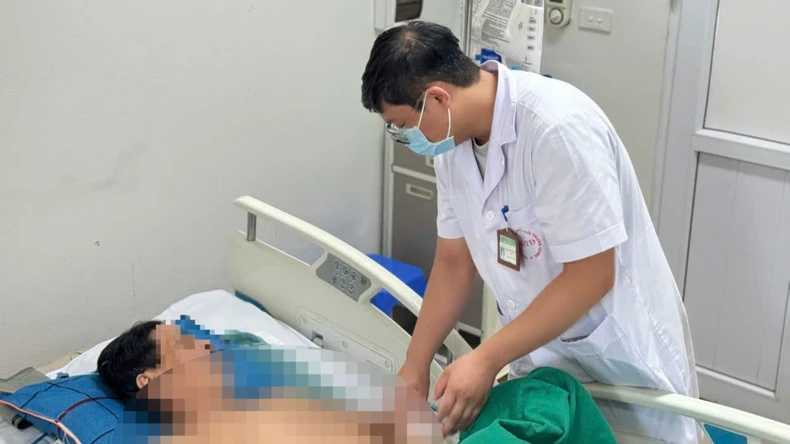 |
TVD patient is gradually recovering. |
About four days after the historic floods caused by Typhoon Yagi in the northern provinces, Mr. C. began to experience symptoms of high fever of unknown origin, accompanied by fatigue, difficulty breathing, abdominal distension and pain in the right flank. In addition, he urinated less and his health condition became increasingly worse.
Despite self-medicating with fever-reducing medication, Mr. C.’s symptoms did not improve, forcing him to visit a local medical facility. There, he was diagnosed with an infection and prescribed antibiotics for two days.
However, after the fever subsided, symptoms such as difficulty breathing, abdominal distension, and little urination remained, and he even experienced bouts of uncontrollable agitation and writhing.
By the end of the 4th day and the beginning of the 5th day, he was transferred to the Emergency Department, Central Hospital for Tropical Diseases.
Ms. NT H, Mr. C's wife, said that her family lives in a level 4 house in a heavily flooded area of Dong Bam, Thai Nguyen. The flood caused water to be up to 1.8 meters deep, forcing the family to live in polluted floodwater. All household items were submerged in water, and the family's livestock barns were also severely affected.
Based on epidemiological factors, especially the fact that Mr. C's family lived in a flooded environment for a long time and had direct contact with flood water, doctors suspected that he and four family members had Leptospira.
Disease prevention after floods
Master, Doctor Pham Thanh Bang, Department of Emergency, Central Hospital for Tropical Diseases, said that leptospirosis is an acute infectious disease caused by spirochetes of the Leptospiraceae family. Leptospira penetrates the human body through scratches on the skin and mucous membranes when in contact with contaminated water (fields, ponds, lakes, puddles).
Even if exposed to a contaminated environment for a long time, bacteria can penetrate directly through the skin and intact mucous membranes. The disease often occurs during the rainy season because the bacteria spreads through water.
The recent floods caused by Typhoon Yagi created favorable conditions for the spread of Leptospira bacteria, especially in pig farming areas where sanitation systems are not guaranteed.
According to Dr. Bang, patient C. is being closely monitored in the Emergency Department in a state of acute renal failure, with kidney enzymes 6 times higher than normal and no urine in the past 12 hours, which are worrying signs. "We are trying to treat the symptoms of renal failure and increased liver enzymes caused by the spirochete," Dr. Bang shared.
According to this expert, in Vietnam, Leptospira disease still appears sporadically, especially in flooded areas. Although it has decreased significantly compared to previous decades, the disease is still a health threat to people in direct contact with floodwaters, especially in livestock farming areas.
Leptospira can be treated with antibiotics if detected early, but with Mr. C's condition, monitoring the progression of the disease is extremely important to prevent dangerous complications.
To prevent Leptospira, doctors recommend that animal farms, slaughterhouses, etc. must be high, well-drained, and regularly cleaned and disinfected. At animal farms, slaughterhouses, swimming pools, etc., waste must be regularly or periodically checked for timely treatment to prevent rats and keep the environment clean. People working in floodwaters or farms need to be fully equipped with protective clothing, boots, and gloves to minimize the risk of infection.
Source: https://nhandan.vn/mac-benh-xoan-khuan-vang-da-sau-mua-lu-post834348.html


![[Photo] Phuc Tho mulberry season – Sweet fruit from green agriculture](https://vstatic.vietnam.vn/vietnam/resource/IMAGE/2025/4/10/1710a51d63c84a5a92de1b9b4caaf3e5)

![[Photo] Prime Minister Pham Minh Chinh chairs meeting to discuss tax solutions for Vietnam's import and export goods](https://vstatic.vietnam.vn/vietnam/resource/IMAGE/2025/4/10/19b9ed81ca2940b79fb8a0b9ccef539a)



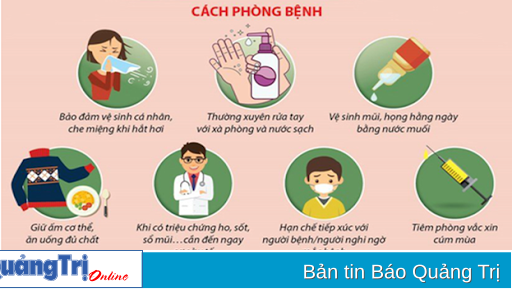
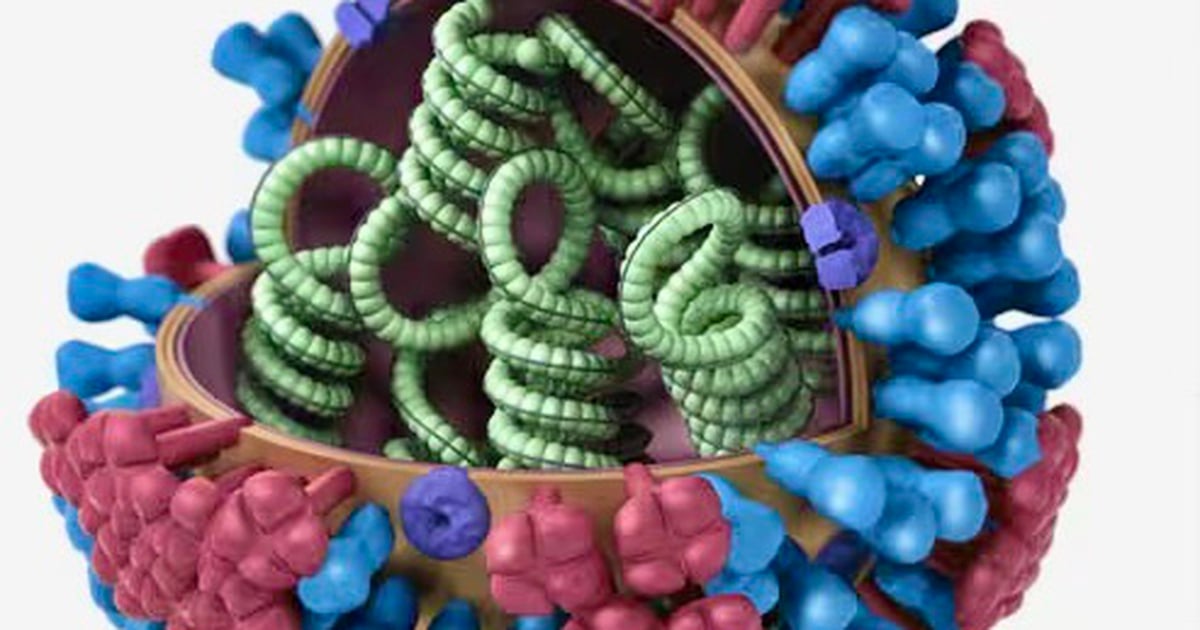

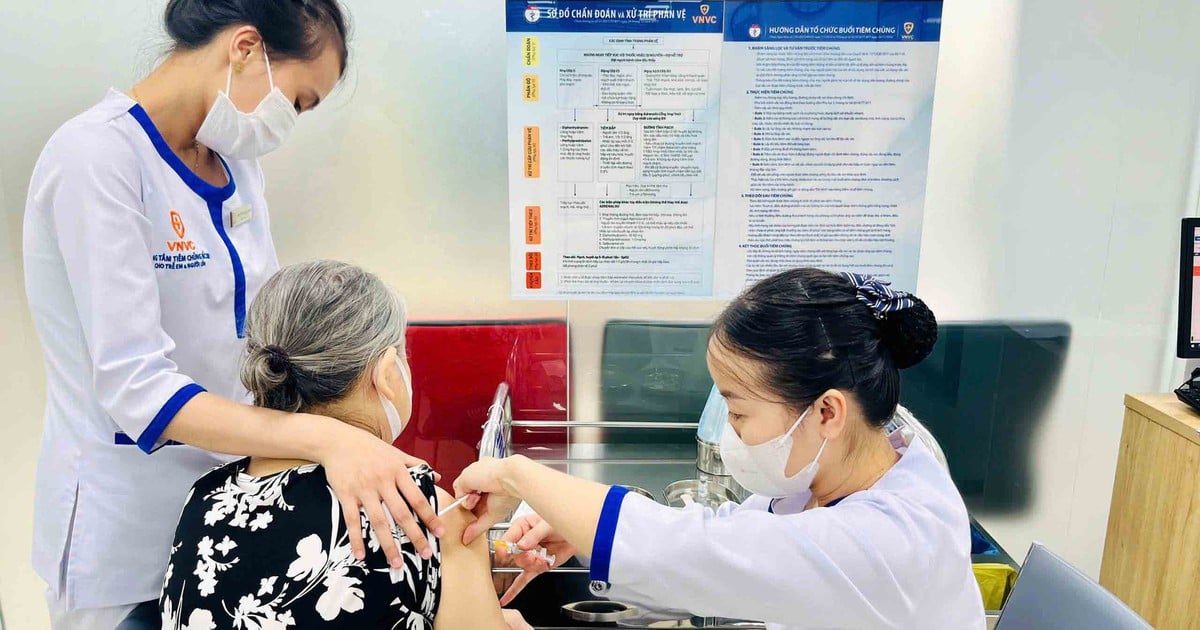
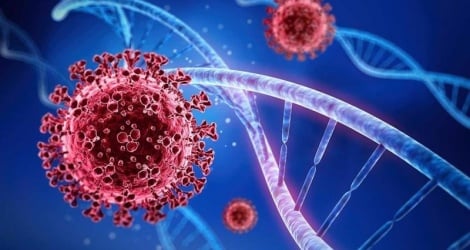

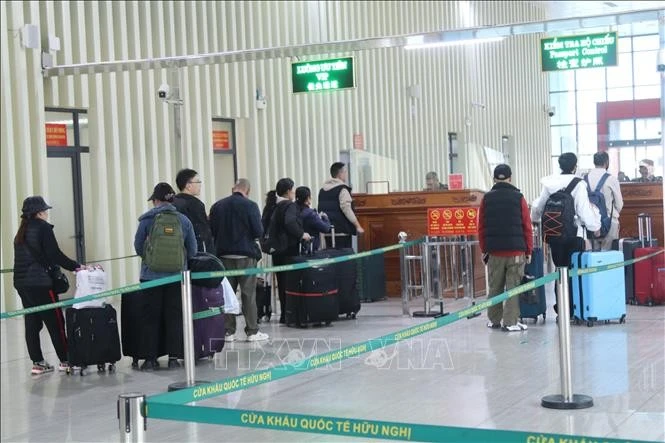







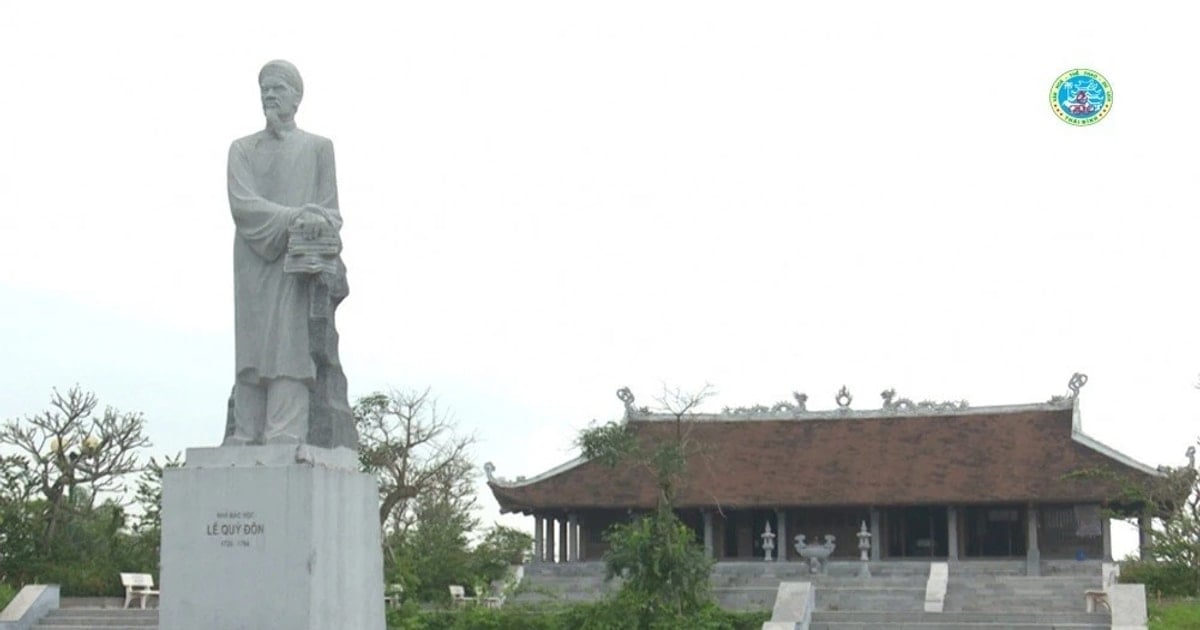










![[Photo] Unique folk games at Chuong Village Festival](https://vstatic.vietnam.vn/vietnam/resource/IMAGE/2025/4/10/cff805a06fdd443b9474c017f98075a4)


















































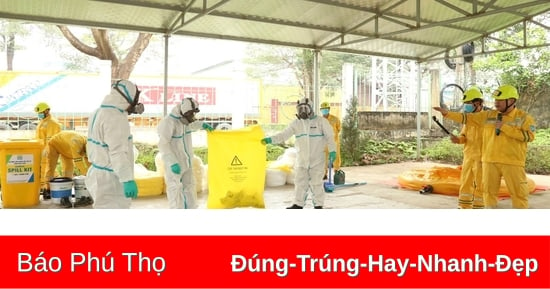

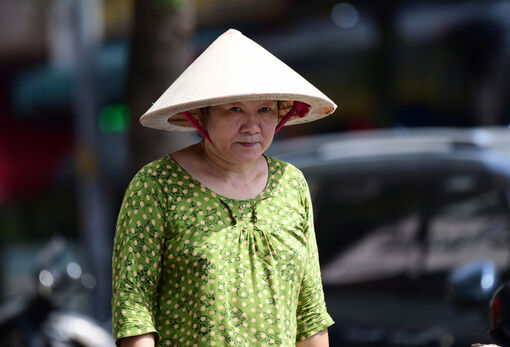

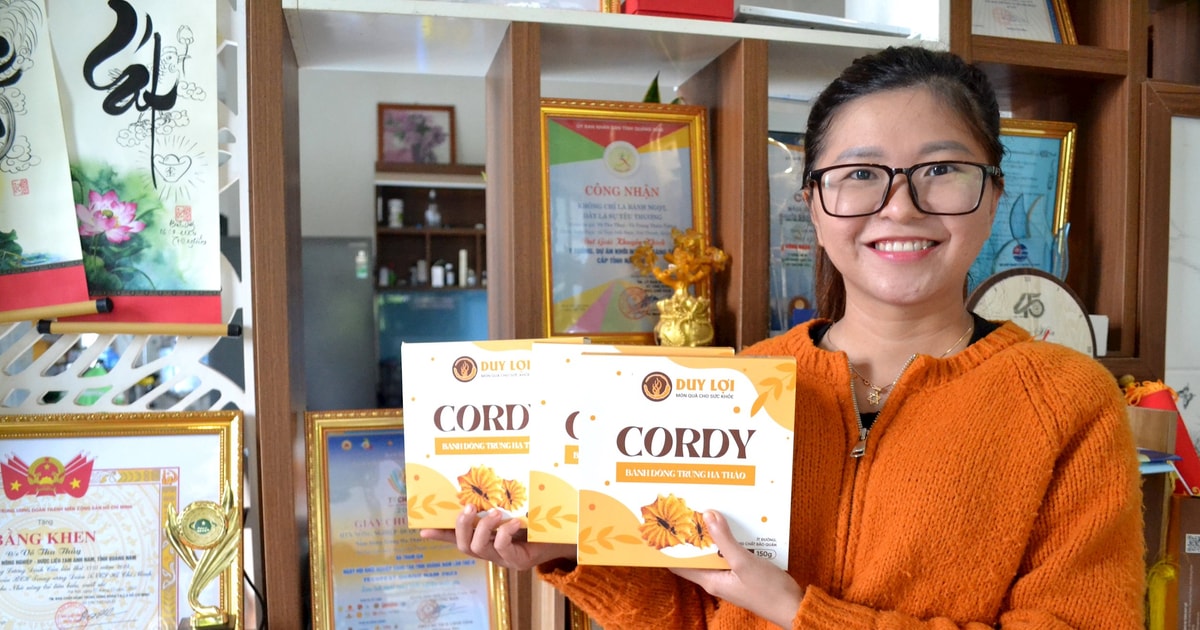










Comment (0)